Cooling down is an essential part of any workout, often overlooked but crucial for your body’s recovery. Relaxing those muscles isn’t just about preventing soreness; it helps your heart rate gradually return to normal. Techniques like light jogging or walking can significantly reduce fatigue by easing your body out of the intense workout mode.
Stretching after a workout can lead to less muscle stiffness and reduced risk of injury. It doesn’t need to be complex; simple stretches targeting major muscle groups can do wonders. Try focusing on areas worked out; for example, if it’s leg day, make sure to stretch your hamstrings and quads thoroughly.
Breathing goes hand-in-hand with cooling down. Deep, slow breaths can not only enhance relaxation but also increase oxygen flow to your muscles, speeding up recovery. This process reduces stress on the heart, helping you regain a state of calm post-exertion.
Hydration during this phase is key. The body loses fluids during exercise, and replenishing them is crucial to getting your energy back. Water is usually enough if the workout wasn’t too intense, but if you’ve been sweating a lot, an electrolyte drink might be in order.
Incorporating these practices into your routine can make a significant difference in how quickly you recover, allowing you to enjoy a more active and energetic lifestyle. Always aim to spend at least 10-15 minutes on cooling down, making it a ritual you look forward to after your workouts.
Nourishing Your Muscles: The Essential Nutrition Guide Post-Exercise
Feeding your body right after a workout is as important as the exercise itself. Those muscles need proper nutrition to repair themselves and grow stronger. It’s all about knowing what nutrients your body is hungry for after pushing it to the limits.
Timing is crucial when it comes to post-workout meals. Eating within 30 to 60 minutes after exercise can maximize recovery, refueling your muscles when they’re most receptive. A balanced intake of proteins and carbohydrates is key, as they work together to repair muscles and replenish glycogen stores.
Carbs often get a bad rap, but they’re your best friend post-exercise. They help restock energy levels and play a big role in recovery. Pairing them with protein for a complete meal can make a noticeable difference in how you feel the next day.
Think about powerhouse foods that pack a punch in terms of nutrients. Greek yogurt with berries, a chicken wrap with whole-grain tortillas, or a smoothie with bananas and protein powder – these are great options. They provide a mix of proteins, carbs, and healthy fats to kickstart recovery.
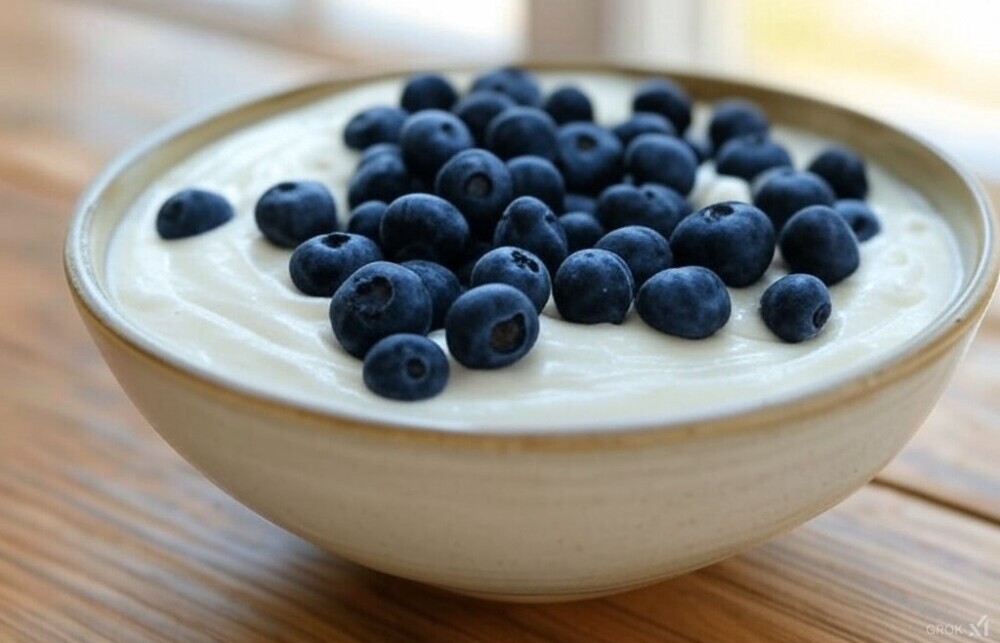
Staying hydrated doesn’t stop with water. Electrolyte-filled drinks can be helpful, especially if you’ve been sweating under the sun or during intense sessions. Electrolytes help balance body fluids, keeping you on top of your game.
Keep these pointers in mind, and your body will thank you by bouncing back faster after workouts. Smart nutrition choices are vital to improve efficiency and make sure you’re set up for success in your fitness journey.
Restoring Energy: The Role of Rest, Sleep, and Mental Recovery
Proper rest after a workout is essential to allow your muscles to rebuild and grow stronger. Sleep, being a natural healer, plays a massive part in speeding up recovery and supporting overall well-being. Aim to get 7-9 hours of good quality sleep to support your body’s repair processes.
For those intense training days, power naps can be a lifesaver. A quick 20-minute nap can boost your energy and mental clarity, reducing fatigue and helping you feel refreshed.
Relaxation techniques can tackle the mental strain from workouts, contributing to your overall recovery. Meditation or deep-breathing exercises can ease your mind and provide a sense of calm, which is beneficial for muscle recovery as well.
Stress left unchecked can hinder your body’s ability to recover. High stress takes a toll on your muscles and overall health. Incorporating stress-relief practices like yoga or even just a leisurely walk can make a major difference.
To add some tech-savvy to your recovery, wearables can be extremely useful. Devices that track your sleep patterns and activity levels can provide valuable insights into your recovery state, helping you to adjust your routine for better outcomes in physical performance.
By focusing on these aspects of recovery, you’re not only improving physical health but also enhancing mental resilience, making for a more well-rounded and effective fitness routine.
Key Takeaways for Maximizing Recovery After a Workout
✅ Cooling Down Properly:
- Gradually lower your heart rate with light jogging or walking.
- Stretch major muscle groups to reduce stiffness and prevent injury.
- Practice deep breathing to enhance relaxation and oxygen flow.
✅ Replenishing Your Body with Nutrition:
- Eat within 30-60 minutes post-workout for optimal recovery.
- Pair carbs and protein to rebuild muscles and restore energy.
- Stay hydrated with water or electrolyte drinks if sweating heavily.
✅ Prioritizing Rest & Sleep:
- Aim for 7-9 hours of sleep to allow muscle repair.
- Use power naps (20 minutes) on intense training days.
- Incorporate relaxation techniques like meditation or deep breathing.
✅ Managing Stress for Faster Recovery:
- Engage in stress-relief activities like yoga or walking.
- Keep stress levels in check to avoid hindering muscle recovery.
- Track recovery with wearable devices to optimize performance.
By integrating these key recovery practices, you’ll maximize your results, reduce soreness, and keep your body performing at its best!
For More Information on Post-Workout Recovery
For scientifically-backed insights on recovery, nutrition, and optimizing performance, check out these authoritative sources:
- American Council on Exercise (ACE) – Offers expert guidance on workout recovery, stretching, and injury prevention.
- National Sleep Foundation (NSF) – Research-based recommendations on how sleep impacts muscle recovery and athletic performance.
- Academy of Nutrition and Dietetics – Provides evidence-based nutrition strategies for post-workout recovery and muscle repair.
Incorporating these best practices from leading experts will help you recover faster, reduce soreness, and optimize your fitness progress. Stay consistent, and your body will thank you!
Don’t stop here, perhaps some of our other articles will interest you, as well:
- If you’re new here, check out the intro to Workout With Grandpa to see how I approach fitness over 60.
- Recovery is easier when you’re consistent—here’s how to stay motivated with your workouts.
- Understanding why we sweat during exercise can help you tailor recovery better.
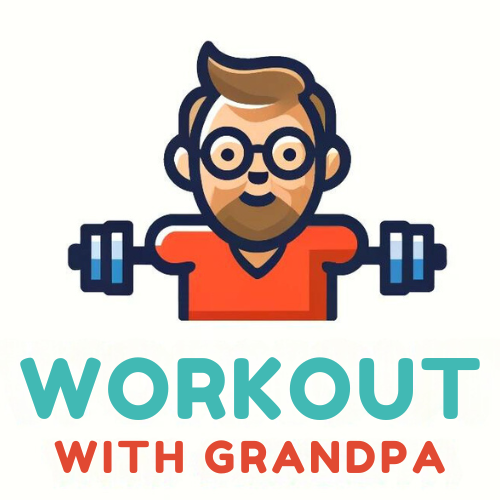
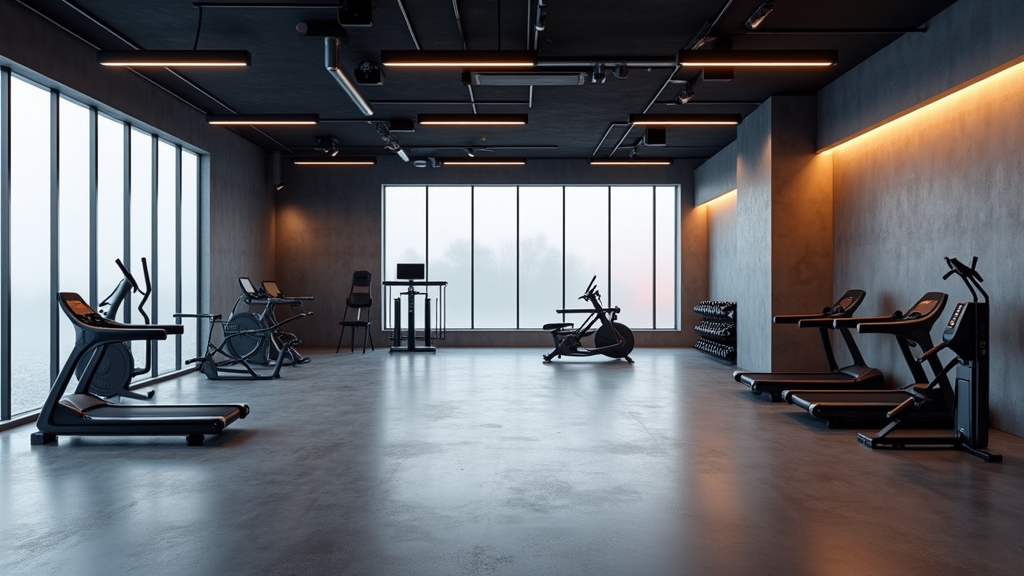



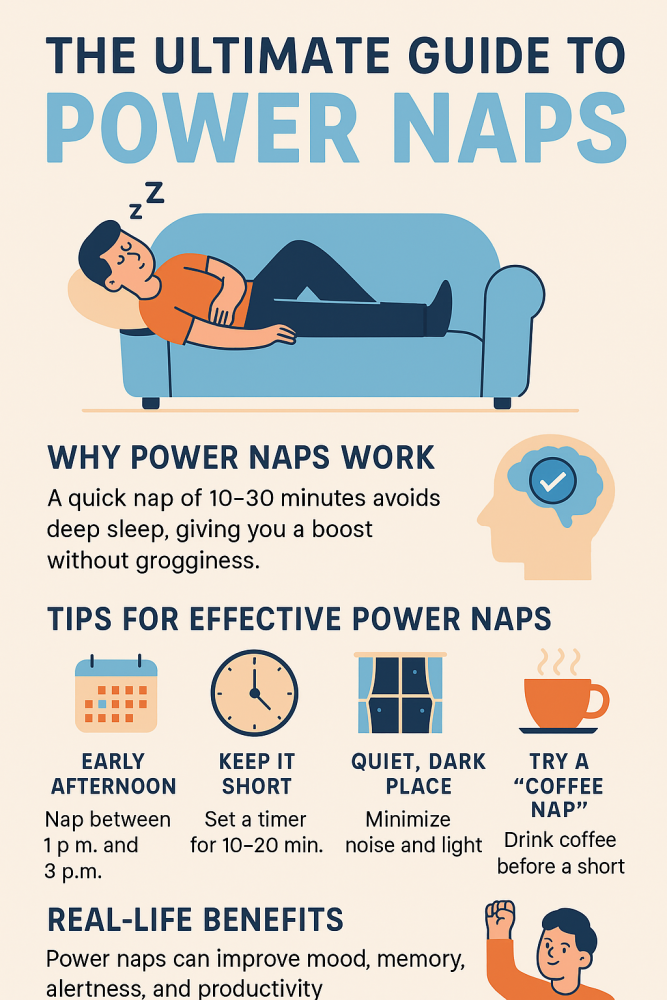
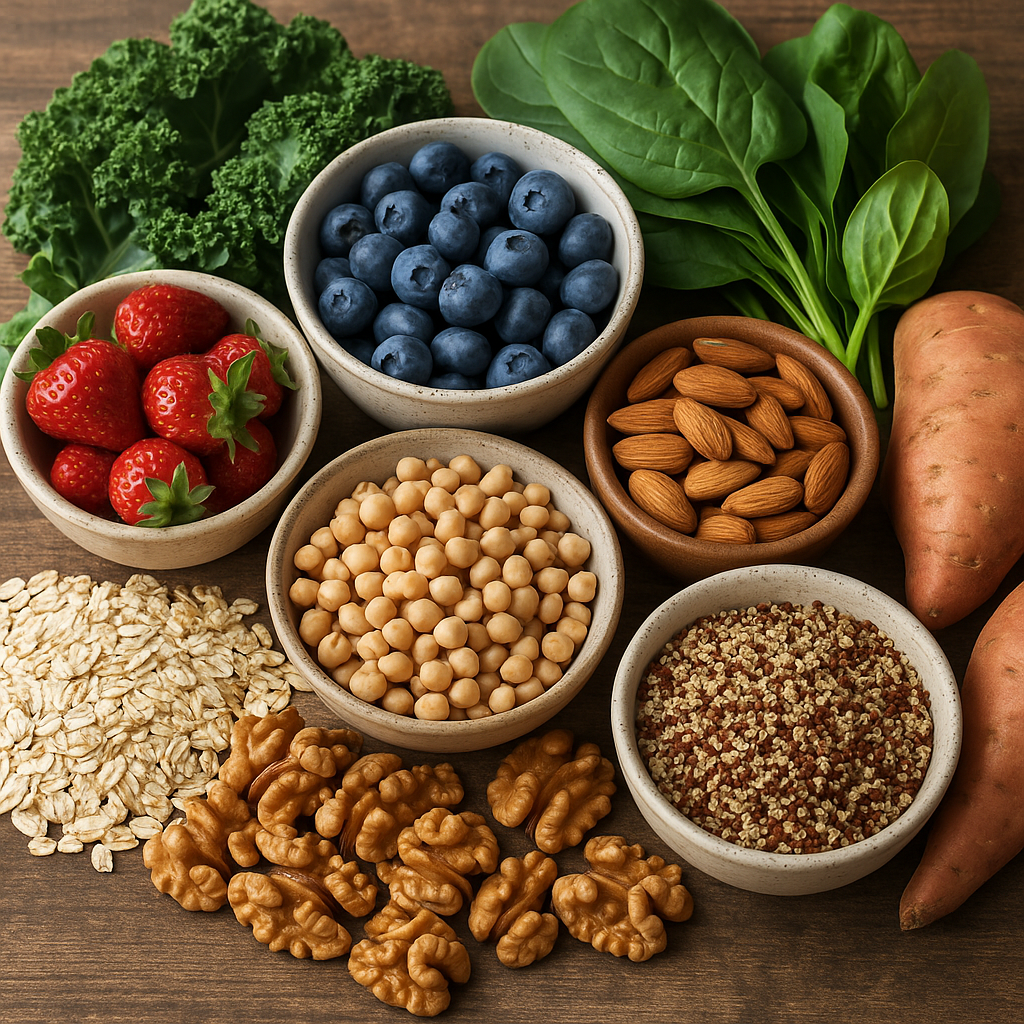
Leave a Reply